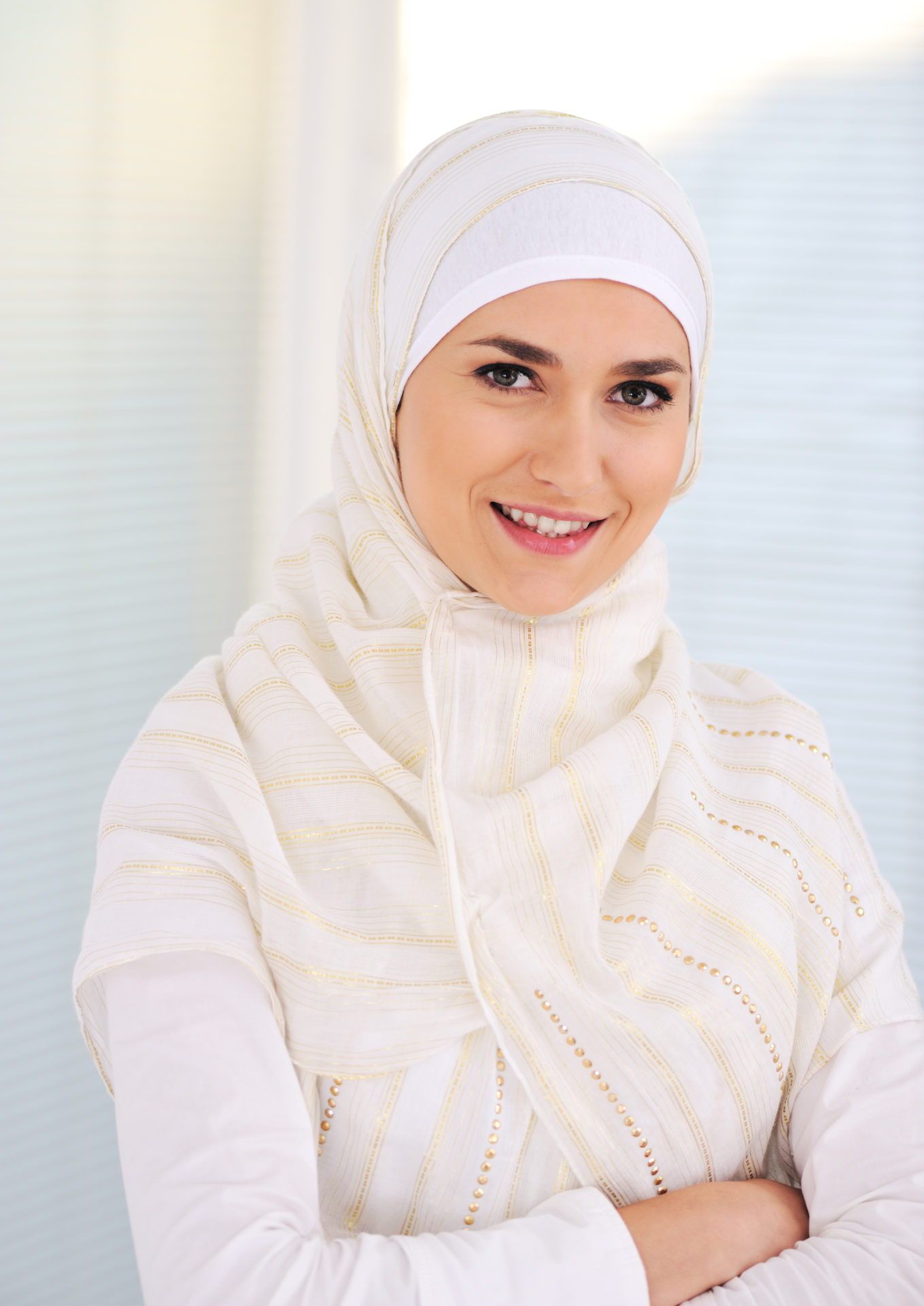The American Civil Liberties Union of Oklahoma and the Oklahoma chapter of the Council on American-Islamic Relations (CAIR-OK) on Thursday expressed appreciation to the Oklahoma Bankers Association for clarifying a security policy commonly referred to “no hats, no hoods, no sunglasses” used by many of the state’s banks.
The two groups along with the Oklahoma Conference of Churches recently requested a meeting with the OBA following an incident in which a Muslim woman was initially denied access to a branch of Valley National Bank in Tulsa and asked to remove her religious head scarf, or hijab, before entering. The bank cited the “no hats, no hoods, no sunglasses” policy to justify its actions.
“Our goal in meeting with the OBA was to use this unfortunate incident as a teaching moment about the different types of head coverings worn by Muslim women and by individuals of other faiths,” said CAIR-OK Executive Director Adam Soltani, in a written statement.
Roger Beverage, president and CEO of the OBA, said: “There was an effort on the part of the association to clearly understand what had happened and why that was such a big issue. … Once we understood that, it was easy to go the next step, which is to make reasonable choices when you’re in those kinds of situations.”
Elaine Dodd, the vice president of the OBA’s fraud division, noted that the “no hats, no hoods, no sunglasses” program hasn’t changed.
“We’re tweaking. We’re just making clarity where possibly we had not done that,” she said.
Dodd said the program deters people from robbing banks. Last year, Oklahoma had 23 bank robberies compared to 97 in 2003 and 77 in 2009. Nineteen of those robbers in 2012 have already been identified and arrested.
By sitting down with the groups, the OBA understands that the hijab is integral to the Muslim religion, Dodd said.
“We want to be responsive. We want to encourage a diversity of customers,” she said.
If bank employees can still identify a person who is wearing a head covering, then that is acceptable.
“If someone is wearing a burqa, which does cover most everything, then a female bank employee can go with them and have them raise the veil. … There are ways to do it better. We’re learning,” Dodd said. “We want to be inclusive to all customers. It’s just that it’s a learning curve for all of us, and we appreciate them talking to us about it.”
The OBA published two articles in its January 2013 trade publication, Oklahoma Banker, revisiting the “no hats, no hoods, no sunglasses” initiative and offering suggestions on how member banks could respect the religious requirements of customers without sacrificing security.
In one article, Mary Beth Guard, with the OBA compliance team, explains the difference among head coverings – the hijab, niqab and burqa – worn by Muslim women.
The hijab covers all or part of the hair and is draped around the neck.
“It should not interfere with your ability to match the person to a photo I.D. and there should be no reason to ask the customer to remove it,” the article says.
The niqab covers the face but leaves a narrow opening for the eyes, the article states.
“In connection with opening an account or doing some other transaction where you need to ascertain identity, a female bank employee should ask that the Niqab be lifted in order to allow viewing of the face,” the article says. “This should be done as discreetly as possible and it should be done in an area where the viewing of the face will not be witnessed by males (unless they are related to the individual).”
In a written statement, Ryan Kiesel, executive director of the ACLU of Oklahoma, said, “We are incredibly pleased that the OBA recognizes that respecting the religious requirements of their customers and ensuring a safe and secure banking environment can go hand in hand.”
Original Print Headline: Muslim group, ACLU praise OBA clarification

